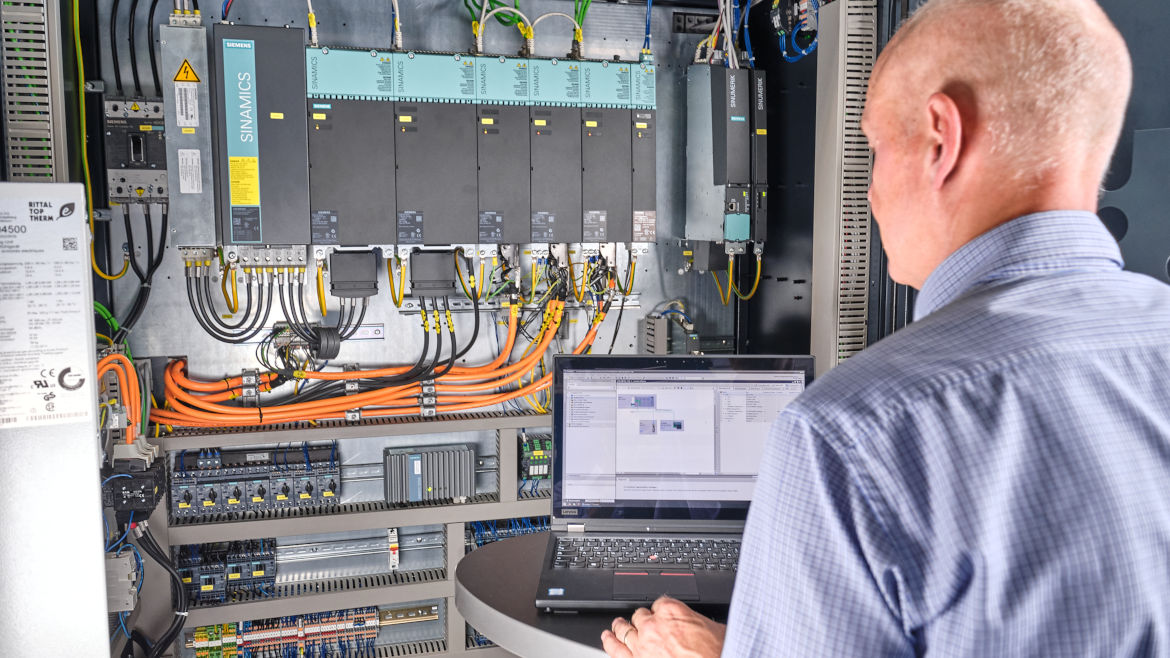In the shadowy realms of the dark web, marketplaces that deal in stolen financial data are constantly vying for reputation and reliability. Among these, BClub Shop has carved out a notable niche, especially for bclub its offerings of CVV2 data—the three- or four-digit Card Verification Value printed on credit and debit cards, essential for authorizing online purchases. But how accurate is BClub Shop’s CVV2 data? And does it really stand out as the best in the game?
This blog explores BClub Shop’s approach to CVV2 accuracy, the mechanisms it employs to maintain quality, how it compares to other marketplaces, and what this means for the broader cybercrime ecosystem.
Understanding CVV2 and Its Importance
The CVV2 (Card Verification Value 2) is a critical security feature used in card-not-present transactions, such as online purchases or phone orders. It helps confirm that the purchaser physically holds the card, adding a layer of fraud protection.
For cybercriminals, obtaining accurate CVV2 data combined with cardholder information significantly increases the success rate of fraudulent transactions. Incorrect or outdated CVV2 codes result in failed transactions, lost money, and higher chances of detection.
Therefore, CVV2 accuracy is a key metric by which underground marketplaces are judged.
BClub Shop: A Brief Overview
BClub Shop operates on the Tor network as a specialized marketplace for stolen credit card information, focusing heavily on CVV2 data. Using encrypted communications and cryptocurrency payments, it offers buyers anonymity and security.
What distinguishes BClub Shop from many competitors is its emphasis on data verification, quality assurance, and customer protections — all geared towards delivering accurate, reliable CVV2 data.
How Does BClub Shop Ensure CVV2 Accuracy?
1. Vendor Vetting and Reputation
BClub Shop employs a rigorous vendor screening process. Only vendors with proven track records of supplying accurate CVV2 data are allowed to sell on the platform. This vetting reduces the prevalence bclub.tk of fake or outdated data.
Additionally, buyers leave detailed reviews and ratings, allowing the community to identify reliable vendors and avoid poor-quality sellers.
2. Validation and Testing Protocols
Before listing, vendors often use automated and manual testing methods to validate CVV2 data:
- Automated Checks: Software tools cross-check CVV2 codes against card numbers to verify format and likely correctness.
- Manual Testing: Vendors may conduct small test transactions or use proxy services to confirm the CVV2 works for online payments.
- Continuous Updates: Vendors regularly update their listings with fresh data, removing invalid or flagged CVV2 codes.
This multi-layered validation is a cornerstone of BClub Shop’s reputation for accuracy.
3. Customer Guarantees
To further build trust, BClub Shop offers refunds or replacements if buyers receive inaccurate or inactive CVV2 data. Escrow systems hold funds during transactions, releasing payments only after buyer confirmation.
Such policies incentivize vendors to maintain high accuracy standards.
Comparing BClub Shop’s CVV2 Accuracy to Other Marketplaces
Dark web markets like Joker’s Stash (now defunct), BreachForums, and other CVV-focused shops compete on the quality of their data. Compared to these, BClub Shop stands out for several reasons:
- Focused Specialty: BClub Shop’s specialization in CVV2 data allows for tighter quality control than general marketplaces.
- Transparency: Vendors often provide metadata like date of data acquisition and validation status.
- Community Feedback: Active review systems help maintain high vendor accountability.
While no marketplace can guarantee 100% accuracy—due to the volatile nature of stolen data—BClub Shop’s layered approach often yields higher CVV2 validity rates than many competitors.
Why CVV2 Accuracy Matters Beyond the Marketplace
The accuracy of CVV2 data impacts not just buyers but the entire financial ecosystem:
- Higher Fraud Success: Accurate CVV2 data means fraudsters can execute more successful transactions, increasing losses for banks and merchants.
- Improved Fraud Detection: Patterns of failed CVV2 attempts can signal compromised cards, aiding in fraud prevention.
- Consumer Protection: Inaccurate CVV2 data can reduce fraud but may also frustrate legitimate users if fraud detection systems overreact.
Understanding marketplaces’ accuracy levels helps financial institutions tailor their defense strategies.
Challenges in Maintaining CVV2 Accuracy
Despite BClub Shop’s efforts, several challenges persist:
- Rapid Data Expiry: Banks often cancel or reissue cards quickly after breaches, making CVV2 data stale.
- Evasion Techniques: Criminals constantly adapt validation methods to avoid detection.
- Market Saturation: Large volumes of data increase the risk of invalid or duplicate CVV2 codes.
Thus, marketplaces must continually innovate to uphold accuracy.
What Can Financial Institutions and Consumers Learn?
To combat fraud enabled by accurate CVV2 data from marketplaces like BClub Shop:
- Enhanced Authentication: Use multi-factor authentication and biometric verification to supplement CVV2.
- Real-time Monitoring: Employ AI-driven fraud detection to analyze transaction anomalies.
- Consumer Education: Encourage users to monitor statements and report suspicious activity.
- Collaboration: Share intelligence across banks, payment processors, and law enforcement.
Conclusion: Is BClub Shop’s CVV2 the Best in the Game?
While absolute certainty is impossible in illicit markets, BClub Shop’s focus on vendor vetting, rigorous validation, community feedback, and buyer protections place it among the top dark web sources for accurate CVV2 data.
Its premium edge in CVV2 accuracy has earned it trust among cybercriminals, which unfortunately translates into more effective fraud schemes and greater challenges for financial security.
Understanding the mechanisms behind BClub Shop’s CVV2 accuracy is essential for stakeholders aiming to mitigate fraud risks and safeguard consumers in an increasingly digital economy.


